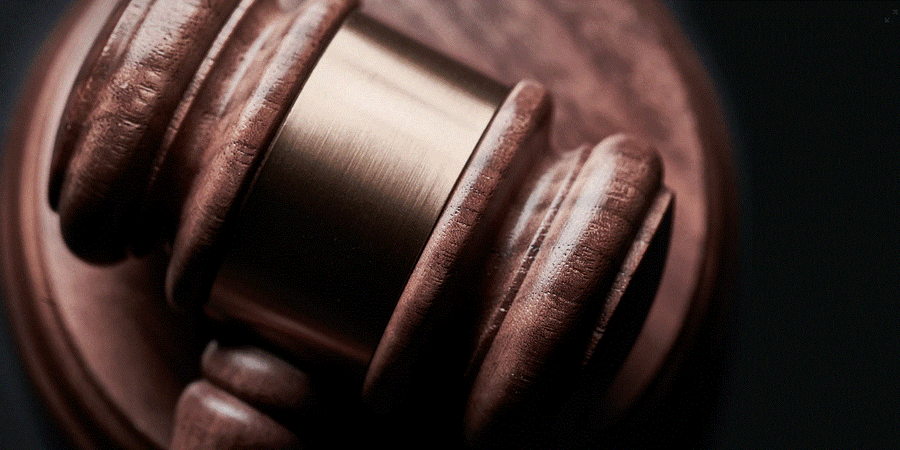PENNSYLVANIA - A Philadelphia court has issued several critical orders that significantly reshape the landscape of the ongoing municipal workers' strike. On Tuesday, July 1, 2025, a judge mandated that all 911 dispatchers and essential Philadelphia Water Department (PWD) employees must return to work immediately. The ruling, a victory for the City of Philadelphia in its effort to maintain critical public safety functions, also placed strict new limits on picketing activities by striking members of AFSCME District Council 33.
Emergency Services Restored by Court Order
In response to legal requests from the city, the court issued two key orders aimed at ensuring public health and safety are not compromised during the labor dispute.
-
911 Order: This court order mandates that all employees working at the city's 911 call center must return to their full duties. This includes 32 fire dispatchers, five (5) fire dispatch supervisors, and 200 police dispatchers.
-
Philadelphia Water Department Order: A separate order compels workers at essential PWD facilities to return to their jobs to maintain the city's water services.
Both orders specify that the rulings do not prevent these employees from lawfully participating in the strike during their off-duty hours.
New, Strict Rules for the Picket Line
The court also issued a Picketing Order that puts significant limitations on how and where striking workers can demonstrate. The order prohibits members of DC33 and other strike participants from:
-
Blocking or obstructing access to any City buildings and work sites.
-
Threatening, harassing, following, intimidating, or photographing City employees or vehicles at city facilities.
-
Blocking the delivery of any products to City facilities.
Furthermore, the order strictly limits the size and placement of picket lines, stipulating a maximum of eight (8) picketers at any given time, who must remain a minimum of 10 feet away from entrances.
What This Means for the Strike
These court orders represent a significant development in the labor dispute. By ensuring that emergency dispatch and essential water services remain operational, the city has mitigated the most immediate public safety risks associated with the strike. The new picketing rules also curtail the union's ability to create highly disruptive picket lines that could halt operations at other city facilities for non-striking employees.
However, the strike is far from over. The court orders do not apply to the majority of DC33's blue-collar workforce, including the thousands of sanitation workers. This means that highly visible services like curbside trash and recycling collection remain suspended, and the impact on residents' daily lives will continue to grow as the strike progresses. The core contract dispute over wages and benefits between the union and the city remains unresolved.
The court rulings on July 1st have altered the dynamics of the DC33 strike, restoring Philadelphia's most critical public safety services while the broader work stoppage continues. While 911 calls will be answered and water will continue to flow, the impact on sanitation and other city services will become more pronounced each day the strike continues. The focus now shifts back to the negotiating table, where both the city and the union must work to find a resolution under these new legal parameters.


